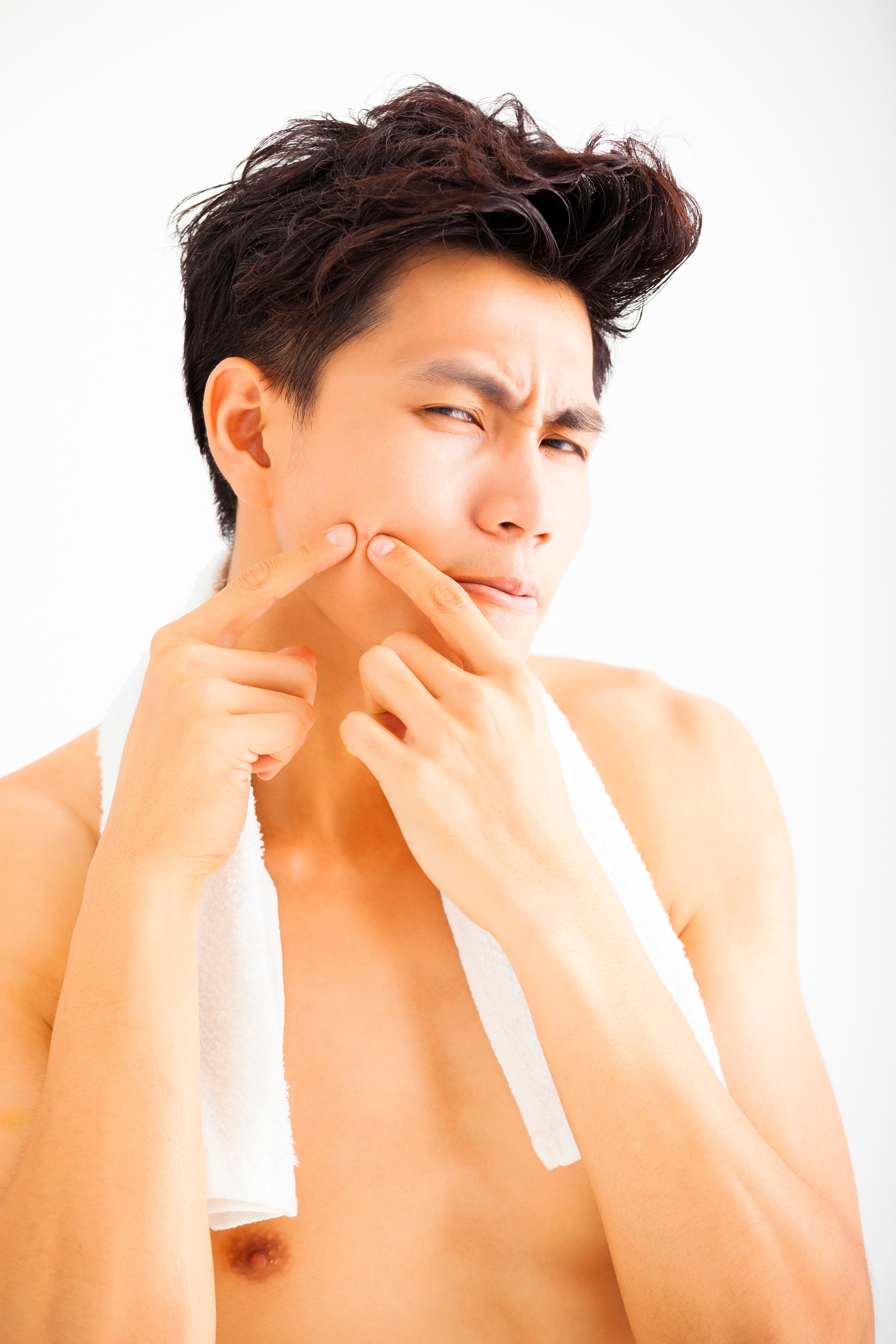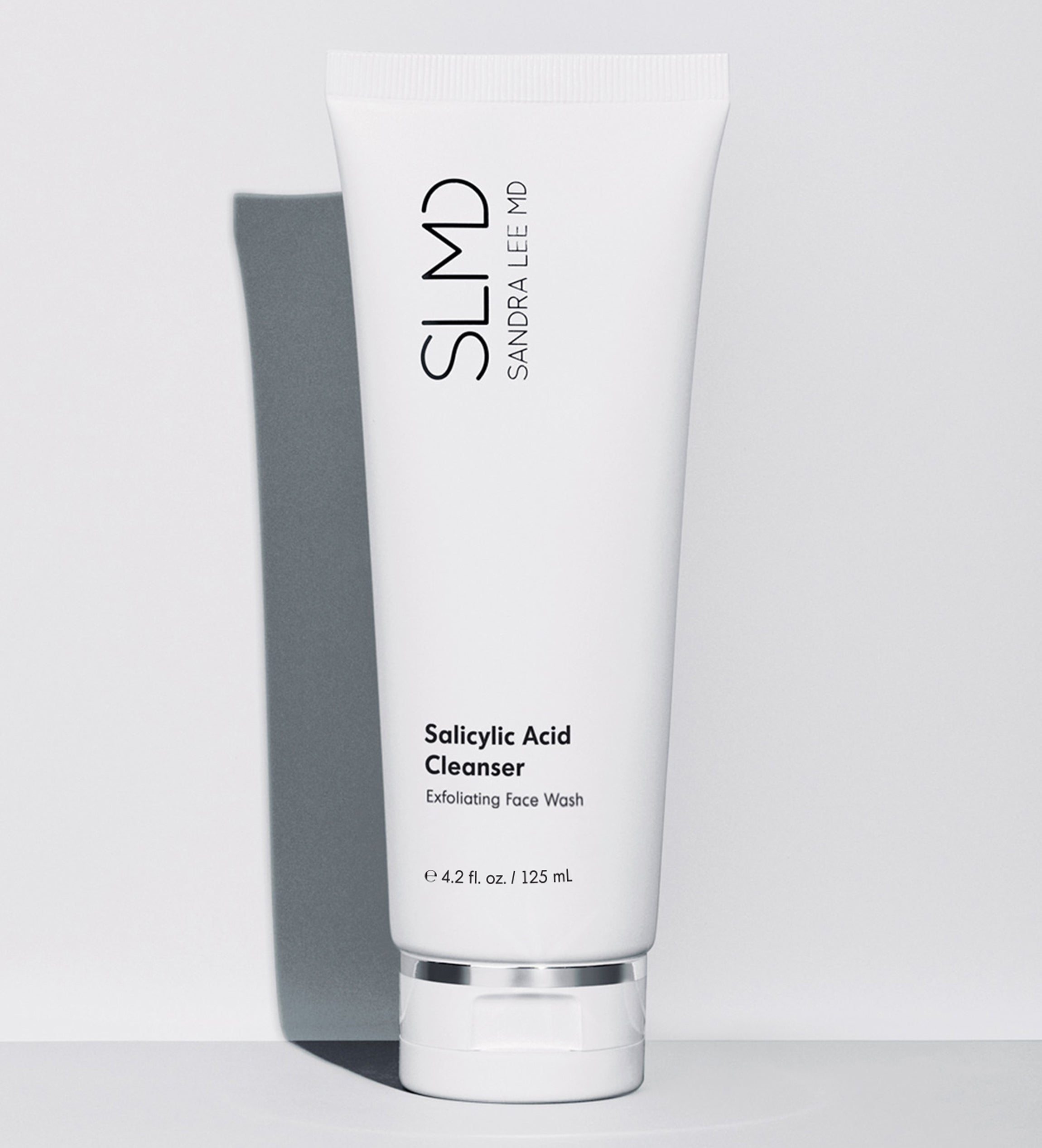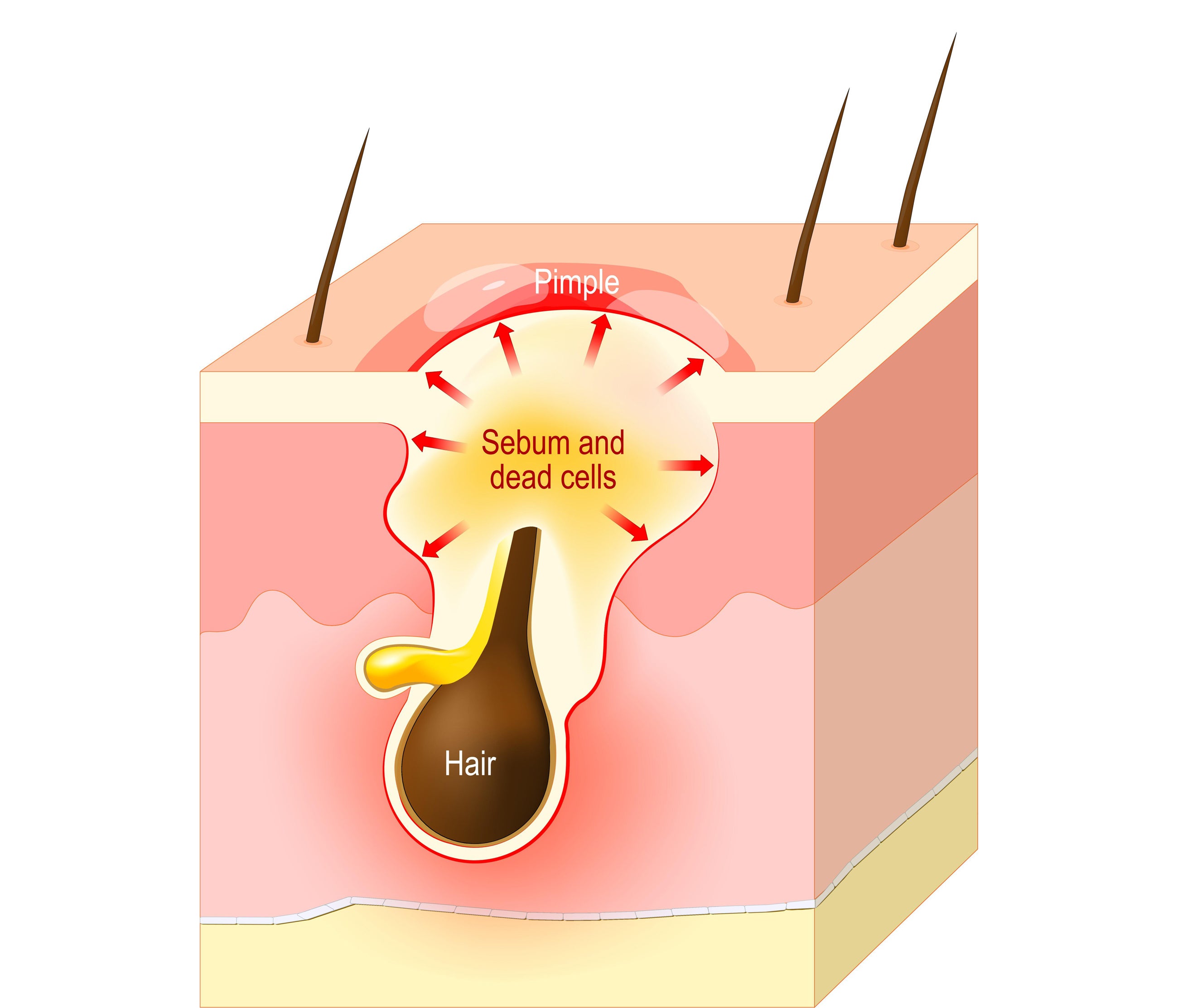
Of all the hundreds of millions of videos on YouTube it’s hard to think of many more divisive than those uploaded by Dr Pimple Popper. For the channel’s 7.1 million subscribers, watching pus ooze from a cyst or a lumpy lipoma burst through the skin is a thrill. For others it’s a nausea-inducing nightmare.
“It makes people happy,” says Dr Sandra Lee, the LA-based dermatologist behind the wildly successful channel, of her fans, who call themselves ‘popaholics’. “It’s like riding a rollercoaster for some people or watching a scary movie. Or it’s like a fairy tale – there’s always a happy ending, you know what I mean?”
The charismatic American you may be surprised to learn, isn’t actually a devoted popaholic herself. “I say that I’m a born again popaholic because I get it, but I’m not somebody who feels that desire…now it’s more, ‘I’m going to remove this because I know this is going to be amazing and all these people will love it’.”
Lee’s true passion is “democratising dermatology” and educating her viewers (she also fronts the Dr Pimple Popper TV series on TLC). Using her expertise, she has also now developed a skincare range aimed at tackling conditions including acne, eczema, and keratosis pilaris where small bumps appear on the skin.
To mark the launch of SLMD Skincare in the UK, we asked Dr Pimple Popper to reveal her top acne dos and don’ts…
1. Don’t pop your pimples

“That’s the number one question I get asked: ‘Is it OK to pop a pimple?’ Obviously, like any other dermatologist, I’m going to say don’t pop your pimples because of the risk of infection and scarring.
“But I do feel like it’s my responsibility to explain to people when is technically the best opportunity to pop a pimple while minimising the risk, because I know a lot of us are going to do it anyway.
“If you have a pimple that’s under the skin, when you can feel it more than you can see it, I think a lot of us know that that is not the time to squeeze any kind of pimple because it only makes it more angry and worse.
“It’s really when it’s the most superficial on the surface, when it’s that ‘whitehead’ – technically it’s a pustule – that is the ideal time, because you’re going to traumatise the skin the least.”
2. Do use salicylic acid to prevent spots

“Salicylic acid is a fantastic [ingredient] that works in a preventative way. It’s a chemical peel acid that crystallises to a small enough size that actually it can settle within our pores and it helps to clean them out. It helps to get rid of the dirt and the debris, the oil, dead skin cells.
“That’s really the primary thing you want to do with acne, you want to try to keep your pores as clear as possible. When that build-up happens is when the bacteria gets involved, and then you get that red bump.”
3. Do change your face mask every day
“Maskne is a big problem everywhere. We’re all wearing face masks and it’s like you have this sort of microclimate in there, you’re just breathing into the space. The humidity and the moisture that builds up there can help to clog your pores, especially if we’re wearing make-up.
“The best thing to do is try to take breaks from your mask. I tell people to change your mask like you change your underwear – which should be probably daily.
“Try to keep them clean. If you can wash them, have a steady rotation. Like you would have an underwear drawer, now you should have a little mask drawer!”
4. Don’t forget about lifestyle causes

“I don’t think some people consider the fact that there’s a lot [to do] with lifestyle. If you wear tight pants, for example, you can get acne breakouts, because it pulls on hairs on your body and then that can cause an ingrown hair, which causes a breakout.
“Or a violinist who has a chin strap or somebody that’s always leaning against their hand, you’re increasing the oil and buildup in the [pores]. So those are things to think about too.”
5. Do remember it’s not your fault
“[Acne is] part of life. It happens in your teenage years, primarily because the hormones are going crazy and that changes the oil production on our skin. And a lot of it has to do with hereditary factors, like your parents being more oily or more prone to breakouts.
“So you know, it’s not your fault. The good thing is it doesn’t threaten anyone’s life, really, directly. But it does definitely threaten our mental health our emotions, and our feelings of self-confidence.
“In a way, you could argue it’s not important to treat these sorts of things, but it is really important because – and we see this as dermatologists – we see how this affects people through their life.”
SLMD Skincare is available from SLMDskincare.co.uk







